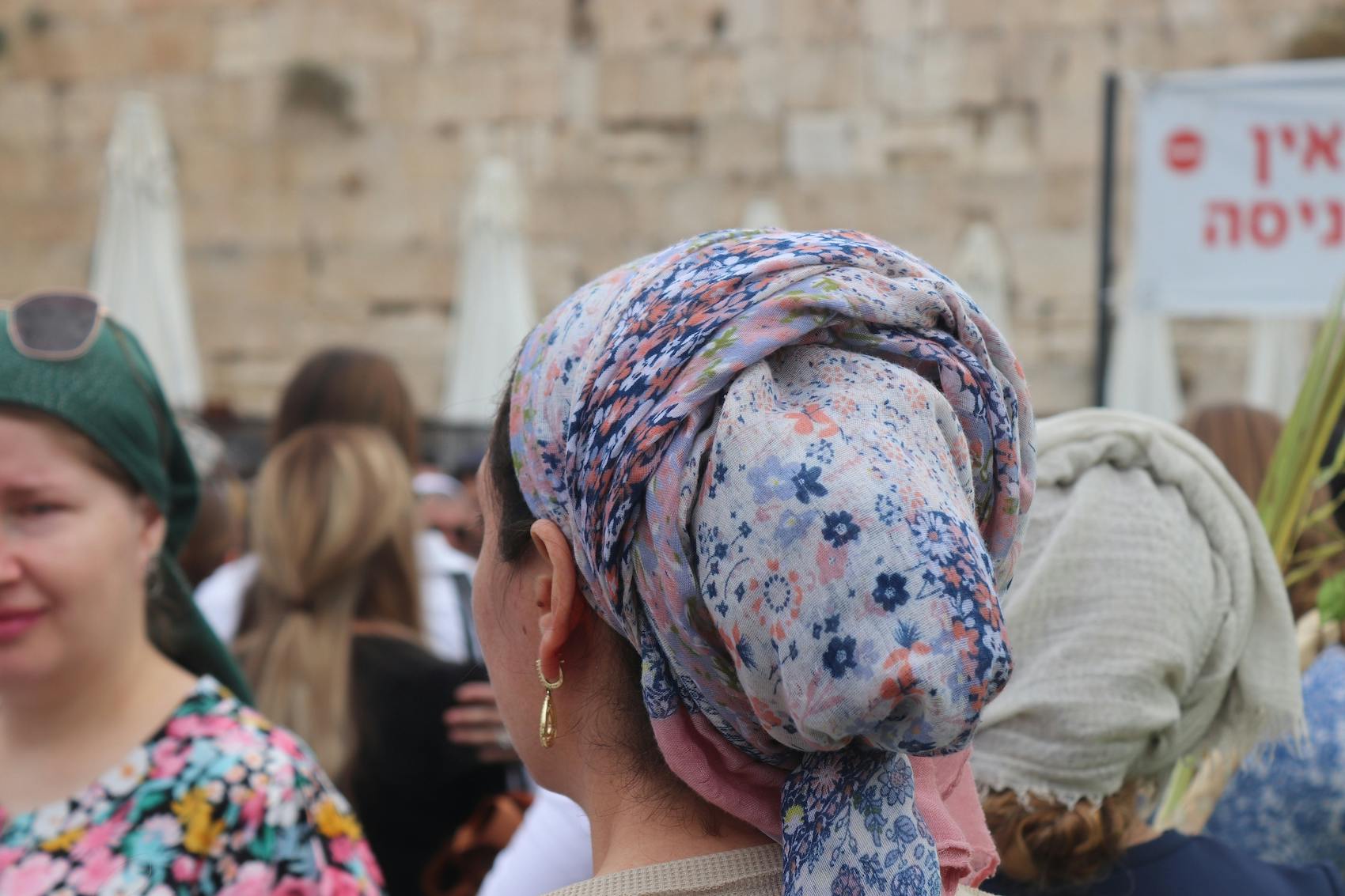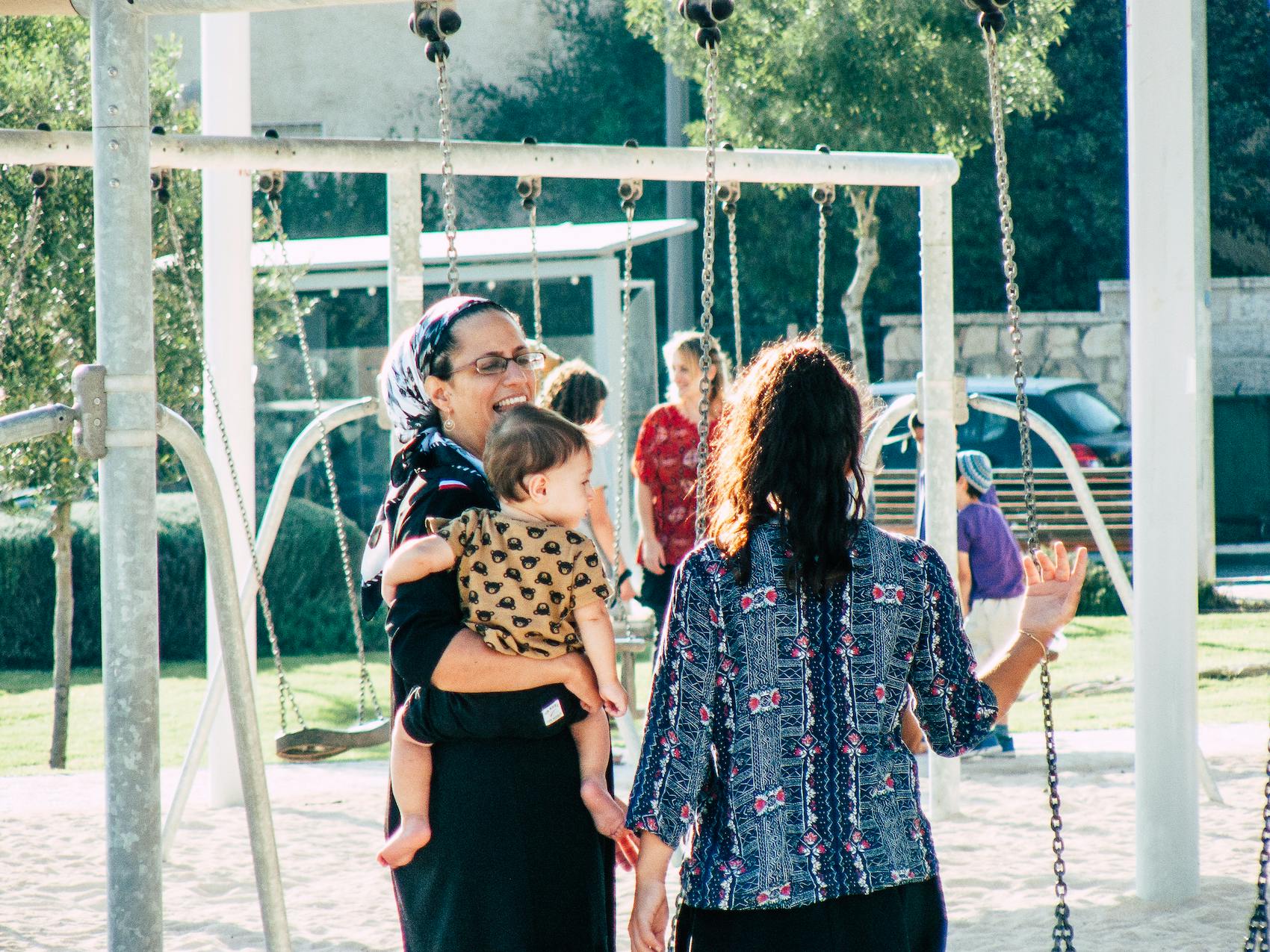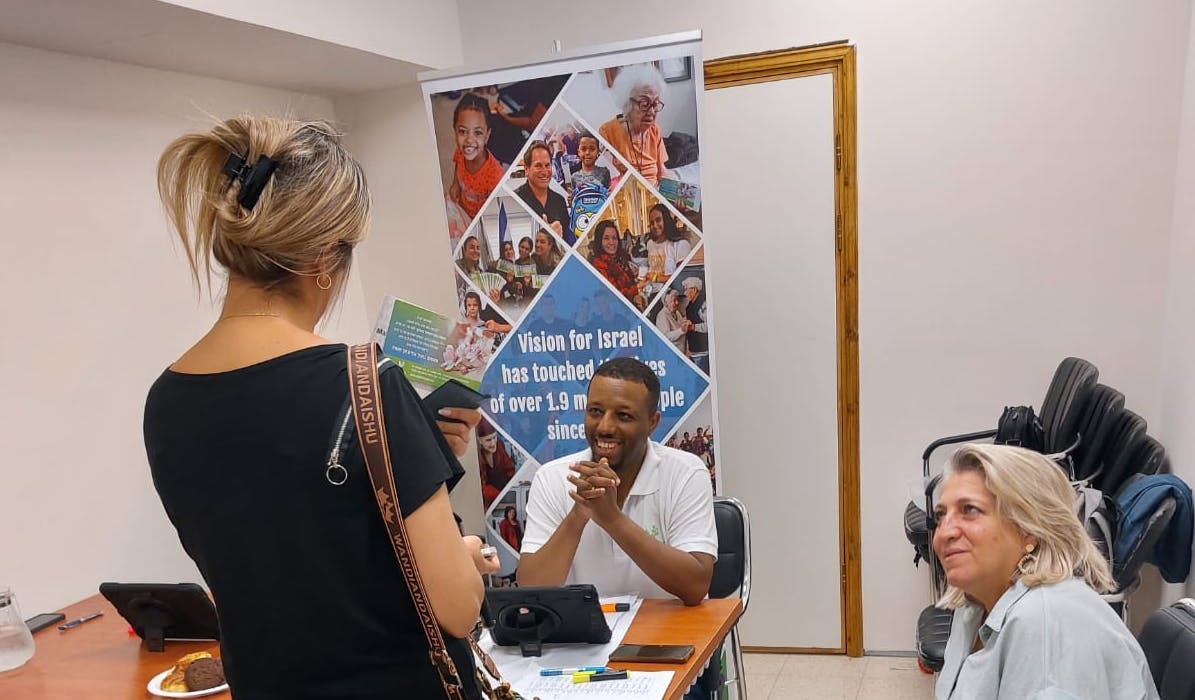Over 7,000 lone soldiers serve in the IDF, most of them in combat units.
But what exactly is a lone soldier?
Lone soldiers in the IDF come from many backgrounds: A soldier coming from a distressed family, who is unable to take care of him or herself; a soldier from abroad, who came to Israel to serve the country and is here without any support; the common thread among them is twofold—a deep commitment to service for their country, and loneliness.
On Shabbats and holidays, when all their friends get to go back to a warm and caring home—to dad's hug, mom's food and treats, to someone doing the laundry and ironing for them—these soldiers come to an empty, cold house.
At Vision for Israel, we’ve supported hundreds of lone soldiers over the years. Holiday gift cards, for example, have allowed them to warm their hearts by celebrating with food on the holiday table—just like their peers.
The commander of the Golani Commando Unit, some of whose soldiers received assistance from Vision for Israel for the holidays this year, sent us a moving Certificate of Appreciation, saying, "[Vision for Israel is] always here for us for any assistance, support, and guidance."
He shared with us a few personal stories from the aid recipients:
Amir* lives in a house for lone soldiers. He was born into an ultra-Orthodox family in Bnei-Brak, and due to his difficulties in studying Torah, he was called the black sheep in the family. At the age of 18, he was forced into an arranged marriage against his will, and about a year later he became a father to a son.
Amir felt no joy in his heart. He felt he was out of place, and decided to divorce his ultra-Orthodox wife and embark on secular life, hoping to find his place in the world. His parents opposed vehemently, were angry, and even severed ties with him. Amir has not been in contact with his parents for about 4 years. He enlisted in the Golani Unit and now dedicates all his time and energy to defending the country. In his few exits from the base, he does his best to see his little son.
Benni* immigrated to Israel from Romania at the age of 14, along with his mother and brother, after his father abandoned the family and severed ties with them. When they arrived in Israel, his mother's mental state was difficult, and she was unable to raise her children on her own.
She informed Benni that she would no longer support him as a mother, that she was disconnecting from him, and that he had to manage on his own. He moved from house to house and from one boarding school to another, and lived for years without a place that he can call home. Recently Benni and his father renewed communication, but the relationship with his mother is still severed. Benni supports himself entirely, without any help.
*Names have been changed





